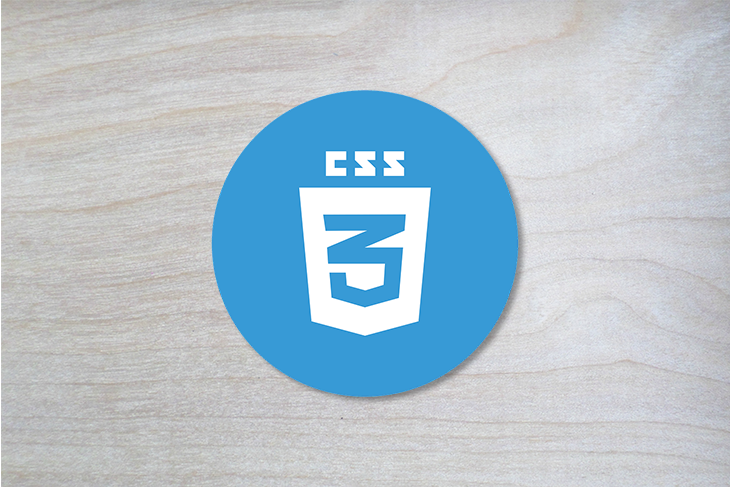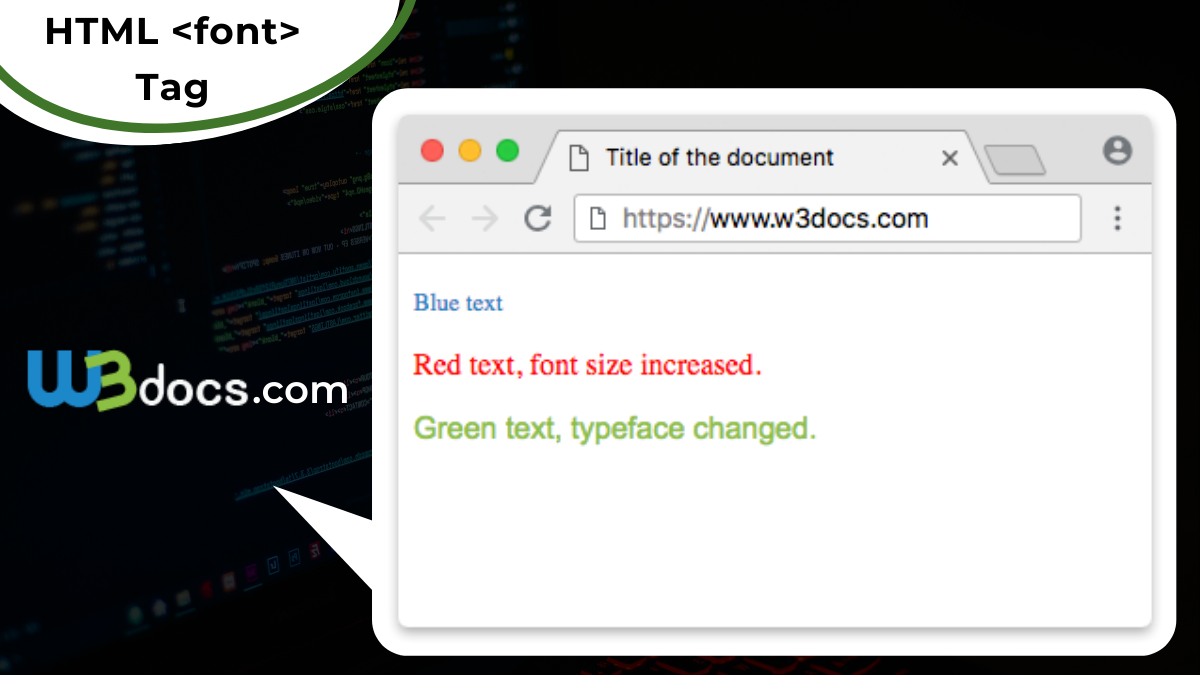
So CSS will resort to its initial value.ĬSS won’t travel up div1ChildChild parent’s chain (grandparent, great-grandparent, great-great-grandparent, etc.) to check whether any a has height property set for div1ChildChild from. CSS will try to get the value from div1ChildChild‘s parent ( div1Child), but it has no height property set. A grandchild of div1 (a child element of div1 but not a direct child) has its height property set to inherit.

This is to ensure that the CSS property to be inherited is an inheritable property. Only direct child elements can inherit a CSS property from its parent element using the inherit value if the CSS property is set by the element’s parent element. With inherit, the specified element will take the value of the specified property from its parent element. The inherit value enables inheritance on all CSS properties. So the height of the div1Child will be 100px. This will make it inherit the value of its height from its parent element, div1. The height property is not inheritable, so the child elements won’t inherit it.ĭiv1Child, on the other hand, has its height property set to inherit. The color will be inherited by the child elements. The div1 has a height set to 100px and a color set to red. This applies not only to inheritable properties, but to all CSS properties. When you set inherit on a CSS property, the property takes the value from the element’s parent. We can enable inheritance on noninheritable CSS properties by using the inherit value. It goes up in its parent chain to set the property value to its parent value.ĬSS properties such as height, width, border, margin, padding, etc. Inheritance in CSS occurs when an inheritable property is not set on an element. Though not all CSS rules/properties are inherited, all font-* properties are inherited.

div#div1ChildChild will inherit the color blue from div#div1Child because it is its parent. div1Child will not inherit the color: red from div1 it will use its color: blue. Now, we have color: blue set on div1Child. We have div#div1ChildChild inside div#div1Child. This inheritance goes up to the closest parent element: The color: red was not specified on the child divs so they inherited it from their parent element, div#div1. What happened? The child divs inherited the color: red from their parent, div#div1.
INHERIT FONT STYLE FULL
Click here to see the full demo with network requests The two child div elements had no CSS ruleset of color: red set on them. We only set div#div1 to have a text color of red, yet the CSS rule was applied to its two child divelements: div#div1Child and div#div2Child. The child element will naturally inherit a CSS property with its value from the parent element if the CSS property is not specified. These CSS rulesets are inherited from their parent selectors. We’ll demonstrate how inheritance works in CSS and review some CSS properties you can use to pass down inheritable properties to child elements.ĬSS rulesets cascade down the CSS hierarchy from parent selectors to their children selectors. In this tutorial, we’ll focus on inheritance in CSS. If an element is green, all its children turn green. A property such as color is passed down to an element’s children. If you set a property in a parent element, the children by default inherit the properties and their values without explicitly defining the property.


What about in CSS, the design language of the web? Inheritance happens there too. This is done to stave off repeating code. In OOP languages, classes inherit their parent class’ properties and methods.
INHERIT FONT STYLE SOFTWARE
Inheritance in software development works the same way. Children also inherit their parents’ wealth and properties. Children inherit their parents’ features: tall parents are likely to have tall children and vice versa. CSS inheritance: inherit, initial, unset, and revert My language of choice is JavaScript frameworks are Angular and Node.js. I've worked with different stacks, including WAMP, MERN, and MEAN. Chidume Nnamdi Follow I'm a software engineer with over six years of experience.


 0 kommentar(er)
0 kommentar(er)
